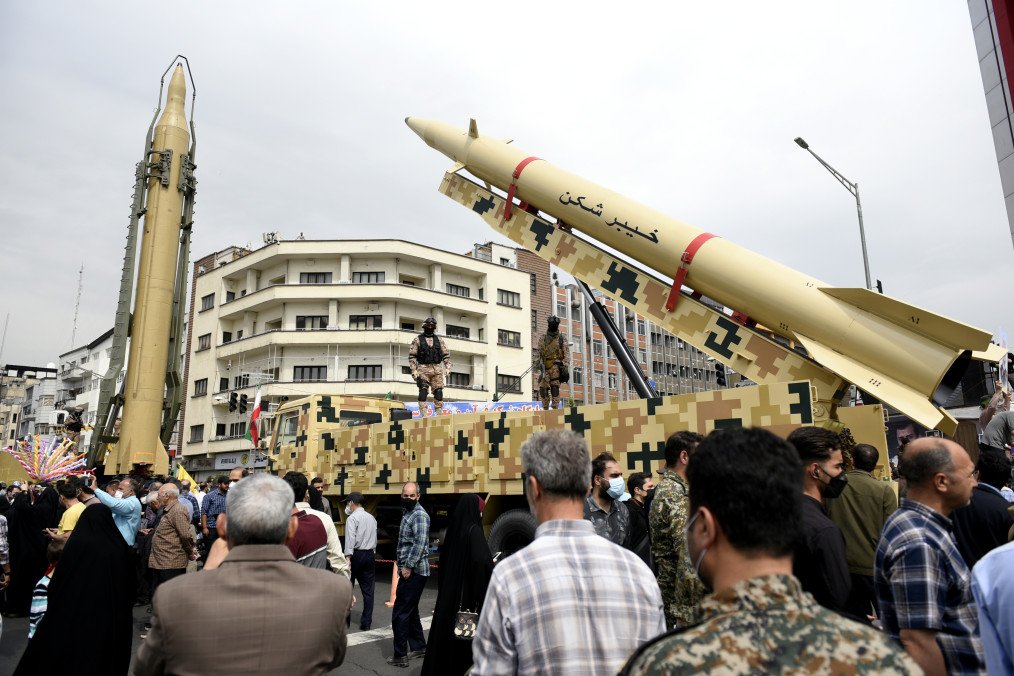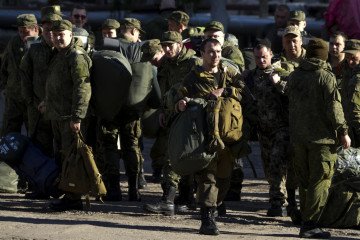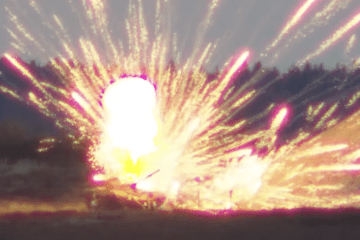According to a report from the Institute for the Study of War (ISW), Iran has supplied Russia with ballistic missiles as part of an emerging strategic partnership between the two countries. This exchange is believed to be part of a broader deal, where Iran is seeking advanced Russian military technology, including Su-35 fighter jets, in return.
After an anonymous US official confirmed to The Wall Street Journal that Iran delivered short-range ballistic missiles to Russia, a high-ranking European official added that further deliveries are expected in the near future. These missiles are likely to be used by Russia to target critical infrastructure in Ukraine, particularly as the war drags into the autumn and winter months, threatening Ukraine’s energy, military, and civilian sectors.
In December 2023, Iran and Russia signed a contract for the delivery of Ababil and Fateh-360 missiles, though ISW has not confirmed the specific models included in the most recent shipments. According to experts, this cooperation deepens the military and economic ties between the two countries, with Iran pursuing both financial and technological benefits. Tehran, facing economic hardships, has been pushing for the acquisition of Su-35 fighter jets as well as assistance in upgrading its cyber and missile-space programs.
The United States swiftly responded to the news, expressing deep concern about the implications of this arms transfer. According to Reuters, the White House National Security Council spokesman, Sean Savett, warned that the delivery of Iranian ballistic missiles to Russia marks a significant escalation in the war in Ukraine. He reiterated the US stance on the deepening Iran-Russia partnership, which has been evolving since Russia’s full-scale invasion of Ukraine in February 2022.
Western nations, including the U.S. and European countries, are closely monitoring the situation. They have repeatedly signaled that such actions from Iran could lead to serious consequences.
The ISW report emphasizes that the missile transfer is not merely a one-time event but part of a long-term military collaboration between the two countries. Iran has been leveraging its relationship with Russia to bolster its outdated military forces, particularly its air force. The acquisition of Su-35 fighter jets could significantly enhance Iran’s ability to project air power, according to analysts. Additionally, Tehran has sought Russian support in modernizing its cyber capabilities and missile-space programs, further strengthening its defense infrastructure.



-72b63a4e0c8c475ad81fe3eed3f63729.jpeg)


-111f0e5095e02c02446ffed57bfb0ab1.jpeg)
